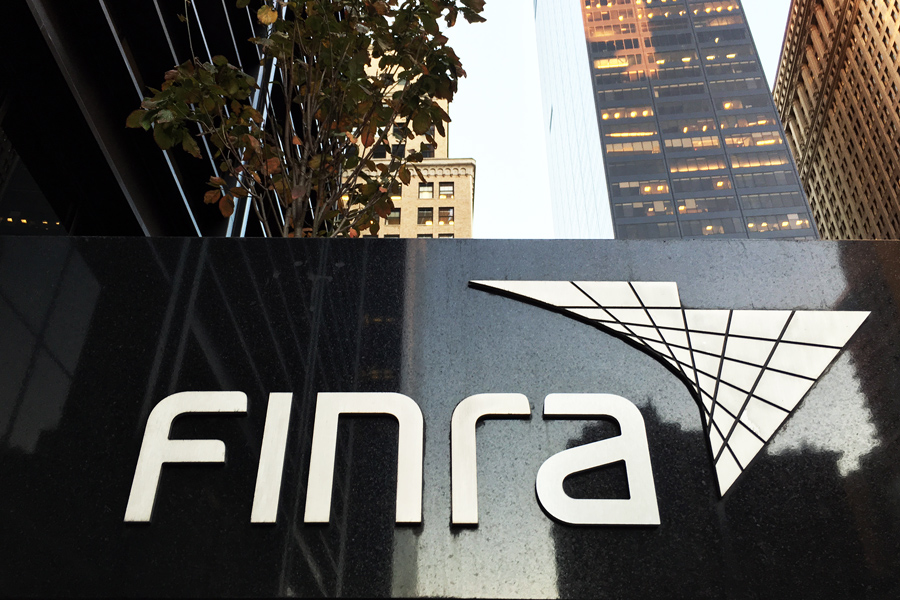

Sandlapper Securities has been on the ropes since 2017.
That's when Financial Industry Regulatory Authority Inc. charged the small firm, along with its owner and CEO Trevor Gordon and president Jack Bixler, with defrauding investors by charging exorbitant, undisclosed markups totaling more than $8 million for private placements investments in saltwater disposal wells, which are used in oil and gas drilling.
A year later, a Finra panel concluded Sandlapper and the executives engaged in the alleged misconduct, kicking them out of the securities industry. The firm, Gordon and Bixler appealed the decision to Finra's NAC — National Adjudicatory Council — hoping to overturn the ruling.
On Tuesday, the NAC ruled that Sandlapper, now effectively dead, was to be expelled from the securities industry and Gordon and Bixler barred.
But Gordon, in an interview on Wednesday morning, said he was exploring with his attorneys a potential appeal to the Securities and Exchange Commission about the decision; he also criticized Finra's overall process in the decision.
"It wasn’t a big shocker when we got this yesterday," Gordon said. "Finra gave no regard to the evidence and expert witnesses, or that the investors had triple digit returns. There were zero customer complaints."
"This is a case where process was punishment," he said. "We spent millions defending this."
A Finra spokesperson, Michelle Ong, did not comment regarding Gordon's critique.
It is highly unusual for brokers or executives to publicly criticize Finra because they are fearful of its scrutiny. The organization effectively controls who can or cannot sell securities in the United States.
Finra is a self-regulatory organization that oversees more than 3,000 broker-dealers. Small firms like Sandlapper Securities, which had about 60 reps and advisers when Finra sued it in 2017, routinely complain that Finra staff member don't understand their various businesses and give deference to big broker-dealers that dominate Wall Street. Finra has been reaching out to small firms and trying to change that perception.
The excessive markups in the Finra charges occurred from 2013 to 2015, according to the NAC's decision.
Gordon, Bixler and Sandlapper "willfully defrauded the fund by fraudulently interposing" another related entity into well purchase transactions and by charging undisclosed, excessive
markups, according to the NAC's decisions. Sandlapper and Gordon were ordered to pay $2.4 million in restitution to clients, while Gordon individually was ordered to pay another $4.2 million.
"Finra continually changed the goal post" in the matter, Gordon said. "If this case was heard in a court of law, we wouldn’t have had this outcome."

A new proposal could end the ban on promoting client reviews in states like California and Connecticut, giving state-registered advisors a level playing field with their SEC-registered peers.

Morningstar research data show improved retirement trajectories for self-directors and allocators placed in managed accounts.

Some in the industry say that more UBS financial advisors this year will be heading for the exits.

The Wall Street giant has blasted data middlemen as digital freeloaders, but tech firms and consumer advocates are pushing back.

Research reveals a 4% year-on-year increase in expenses that one in five Americans, including one-quarter of Gen Xers, say they have not planned for.
Orion's Tom Wilson on delivering coordinated, high-touch service in a world where returns alone no longer set you apart.
Barely a decade old, registered index-linked annuities have quickly surged in popularity, thanks to their unique blend of protection and growth potential—an appealing option for investors looking to chart a steadier course through today's choppy market waters, says Myles Lambert, Brighthouse Financial.
